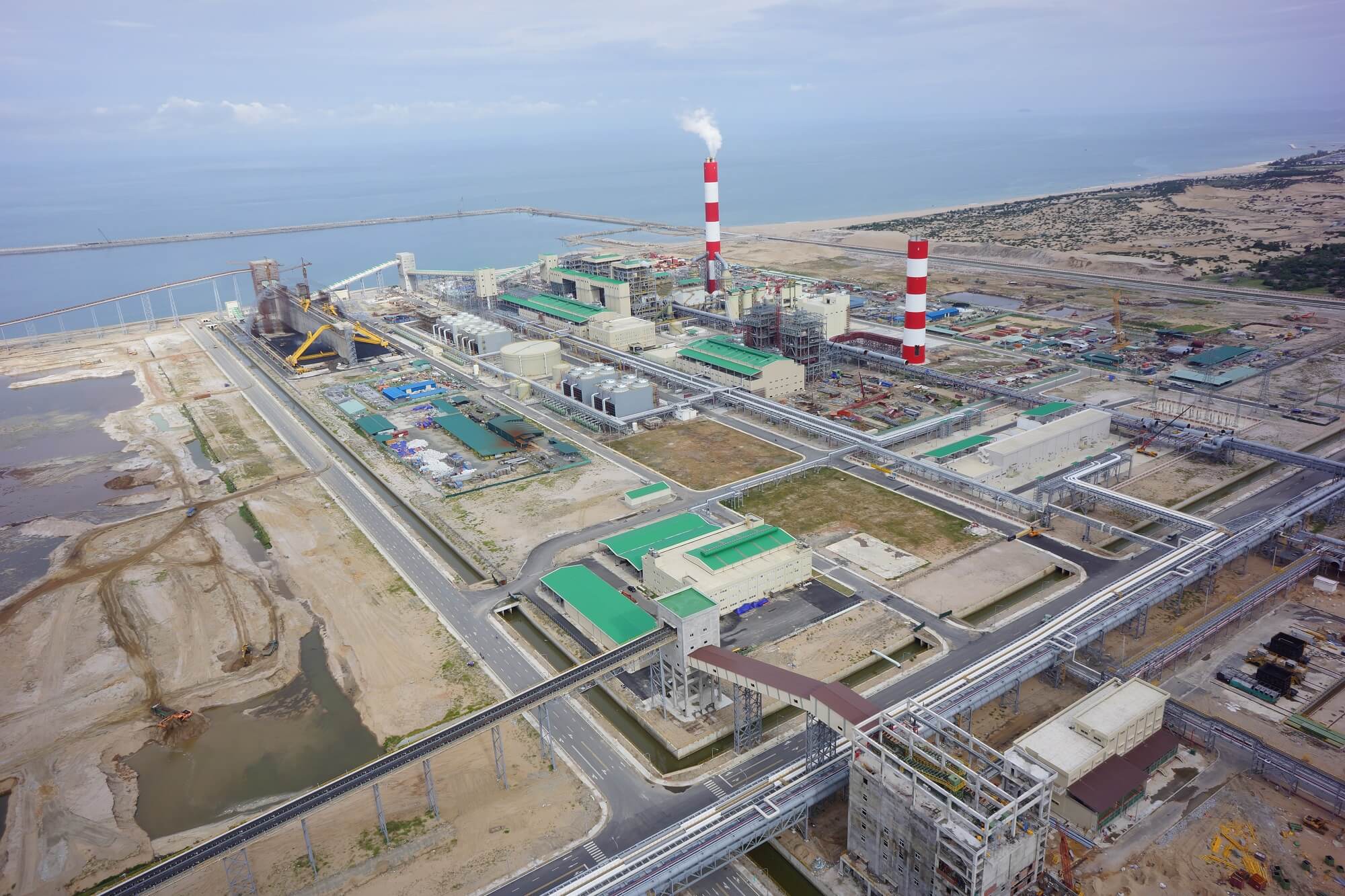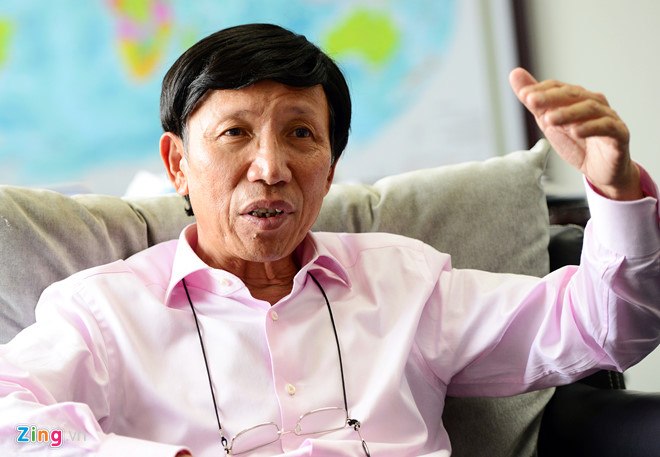Vietnam turns semiconductor vision into action
The global semiconductor industry is being reshaped by geopolitical tensions, shifting supply chains, and the surge of digital technologies.




Formosa, a giant steel project in Ha Tinh central province causing the worst water pollution ever in Vietnam, is a failure of the country in attracting foreign investors, forcing it to draw lessons to change for more successes in the future.

It is undeniable that the foreign investment with the Foreign Investment Law promulgated in 1987 has significantly contributed to Vietnam’s socio-economic development, promoting the international economic integration.
Besides the achievements, the foreign investment sector still shows some drawbacks. Especially, the Formosa disaster caused by Taiwanese Formosa Plastics Group in four coastal provinces of Vietnam namely Ha Tinh, Quang Binh, Quang Tri, Thua Thien – Hue being internationally highlighted in 2016.
Analyzing the 30 years of attracting FDI with real lessons is necessary for Vietnam to define a better direction for the upcoming time.
Lesson drawn from Formosa
According to Ph.D. Phan Huu Thang, former Director-General of the Foreign Investment Agency (under the MPI), following the environmental disaster in Thi Vai river caused by Vedan (Vietnam) Enterprise Corp., Ltd., organic fertiliser and feed additives manufacturer, Formosa has been the most terrible water disaster in Vietnam. “Formosa can be seen as Vietnam’s worst failure in attracting foreign investment and managing FDI due to the loose management of the state administration and oversight authorities,” said PhD Phan Huu Thang.
Chairman of the Viet Nam Association of Foreign Investment Enterprises Nguyen Mai also stated that Vietnam should consider attracting FDI in the areas that are environmentally friendly and have the positive impact on socio-economy. Especially, sustainable development must be the top priority.
Pointing out the lessons drawn from Formosa case, Ph.D. Phan Huu Thang believes that Vietnam’s policies to attract FDI are still inadequate. Specifically, there are limited collaborations between domestic and foreign investors while 100 percent foreign-owned enterprises (FOEs) are currently dominant. As a result, Vietnam would find it hard acquiring modern technology and detecting wrongdoing and monitoring activities of companies efficiently.
The State management agencies also need to overhaul their management as well as their uncompleted policies, investing more time in the currently implemented projects and carefully consider the new ones to choose the most qualified FDI projects.
After 30 years of applying the FDI attracting policies, Vietnam needs to undertake changes regarding the modes of investment and corporation.
The global semiconductor industry is being reshaped by geopolitical tensions, shifting supply chains, and the surge of digital technologies.
The change in APA approval authority is expected to shorten processing time and enhance business proactiveness in international tax negotiations.
As hybrid cloud systems grow more complex, Vietnamese enterprises are struggling to detect cybersecurity threats moving laterally within their own networks.
The submission of the draft resolution on Vietnam’s international financial center to the National Assembly heralds a new developmental era for the country.
More than just running a 5-star resort, Kristian Petersen is redefining the art of hospitality with a humane and sustainable leadership philosophy.
For Tyna Huynh, co-founder of Drinkizz, organic is not just a food choice but a way of life that fosters a deep connection between people, nature and community.